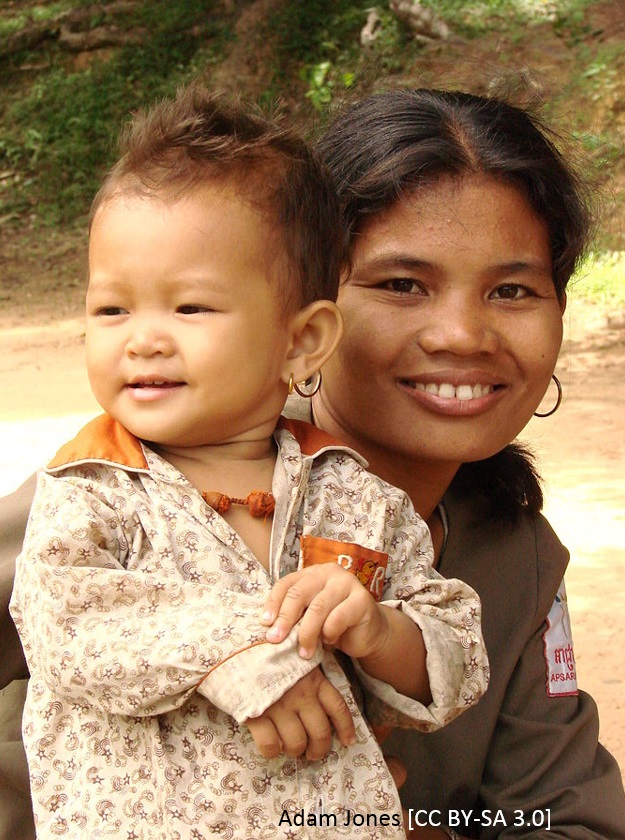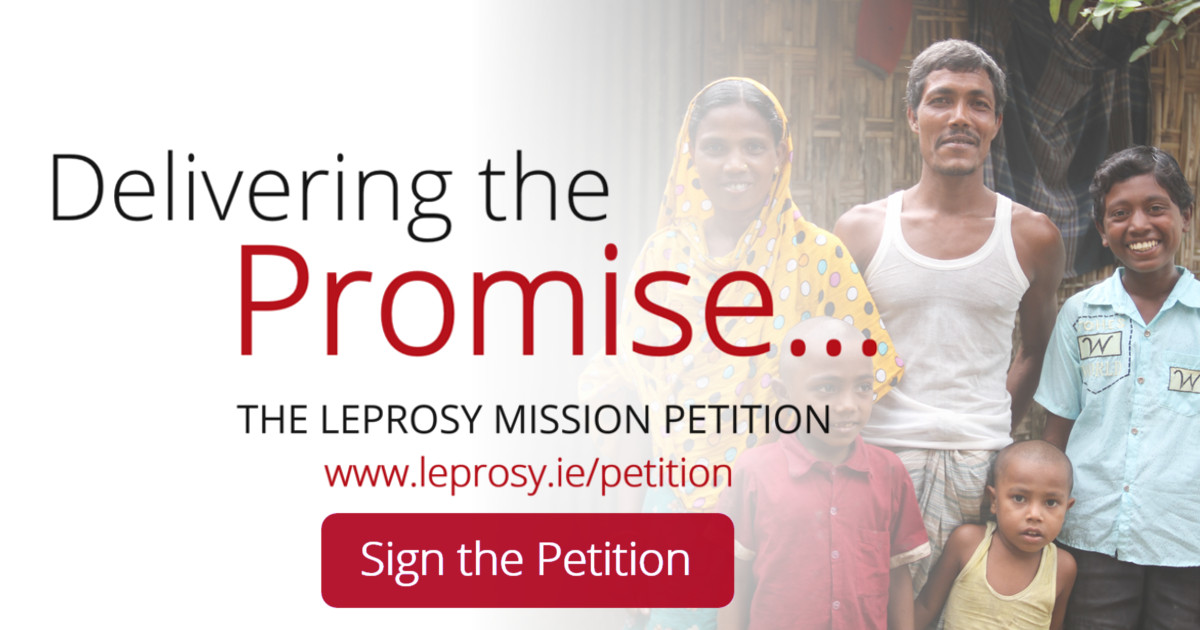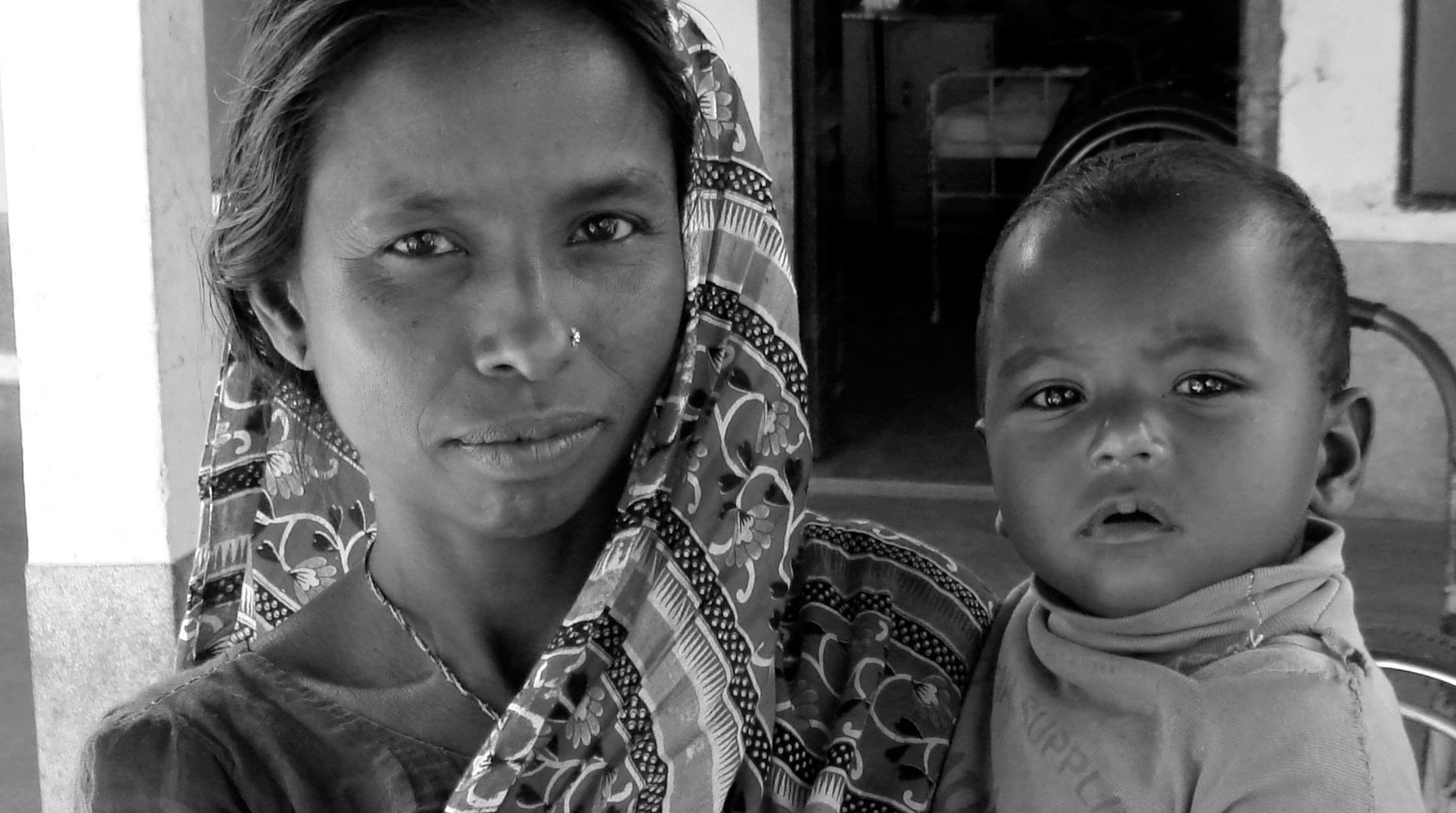- Lethal risks during pregnancy: In the USA, as a result of pregnancy-related causes, 28 women die per 100,000 births, which, to compare, is a higher rate than Thailand (26 deaths), Iran (23) and Saudi Arabia (16). Eastern European nations Poland (3) and Bulgaria (5) have considerably lower rates than both the UK (8) and Ireland (9).[1] As such, all nations, even more ‘developed’ Western nations need to review their maternal health policies. Staggeringly, for Sierra Leone in 2013, 1% of all pregnancies ended in the death of the mother.[2]
- Inequality at work: In the USA, full-time women working in the USA were paid on average 22% less than men.[3] This is particularly significant for working mothers, especially those who are single, as this reduced pay pushes them and their children closer to the poverty line. Such inequality is thus a major barrier to break down in order to bring such families out of this poverty.
- The Syrian Civil war: As of 2014, around 690,000 mothers and 1.4 million children have fled from Syria as a result of the conflict. Estimates are as high as 1 woman or child being killed every 45 minutes in the fighting. Many thousands more are thought to have died due to lack of nutrition and medical care. Road blocks, unavailable ambulances and lack of female hospital staff prevent assistance during birth, forcing many women to endure the fearful prospect of giving birth unassisted.[4]
- The plight of Maitu: Maitu lived in Nepal, where the average income is around €2.50 per day, in a remote village named Bhatauli. She lived without electricity or running water, the nearest water needing to be carried from a river over 1km away. As if this were not enough, she was born unable to hear or speak, instead having to communicate via sign language. This meant when she started showing the symptoms of leprosy, which involved her hands tensing and becoming claw-like, it took away her only effective method of communicating with the outside world and made caring for her children nearly impossible.[5]

|
|
“I hope the fathers and mothers of little girls will look at them and say, ‘Yes, women can.’” – Dilma Rousseff |
This mothering Sunday is a day to celebrate the courage, sacrifice and love of mothers like Maitu. It’s a day when we recognise the vital foundation mothers play in society, from the beginning of our own lives to the individual gifts, talents and insights they uniquely bring to the world. May it also be a day when we remember those whose lives are almost unbearably, yet presentably, difficult, and we reach out our hand to them to help.
These statistics and stories need not end in sadness and despair: Maitu was fortunate, as she received complete cure and an operation in Anandaban Leprosy Hospital to restore her hands. Yet countless other women, many mothers like her, are forgotten each year.
We are in the privileged position, as users of the internet, to influence global decisions. As such, we can help make sure the hope Maitu was given can be given to more women with leprosy. Please take just 5 minutes to fill in the Leprosy Mission Ireland’s petition to the WHO, to help insist that every mother affected by leprosy receives the care, cure and rehabilitation they deserve this Mother’s Day.

Spread the word:
Sources:
[1] http://data.worldbank.org/indicator/SH.STA.MMRT?order=wbapi_data_value_2013+wbapi_data_value+wbapi_data_value-last&sort=desc
[2] http://data.worldbank.org/indicator/SH.STA.MMRT?order=wbapi_data_value_2013+wbapi_data_value+wbapi_data_value-last&sort=desc
[3] http://www.iwpr.org/initiatives/pay-equity-and-discrimination
[4] http://www.savethechildren.org/atf/cf/%7B9def2ebe-10ae-432c-9bd0-df91d2eba74a%7D/SOWM_2014.PDF

Comments:
Do take a look at this:
https://vimeo.com/channels/cle (Arizona talk)
https://vimeo.com/channels/cle Christian Leadership Experience 2015 (Vimeo)
http://youtu.be/dHjmaW0znJI CLE 2015 ( YouTube)